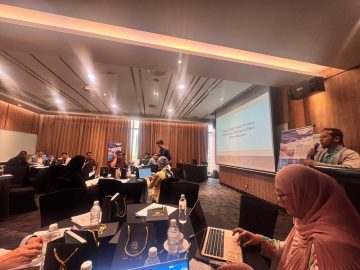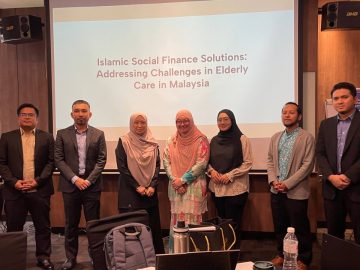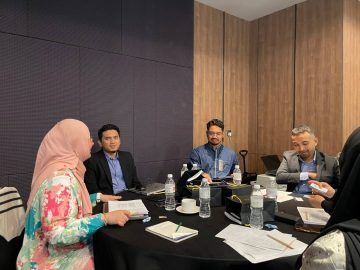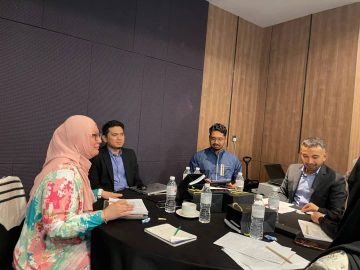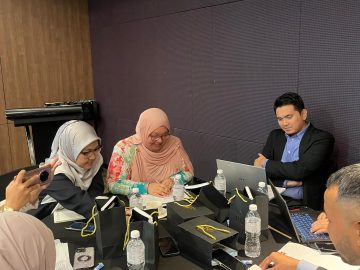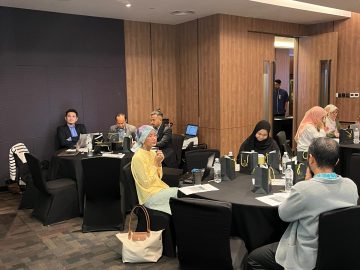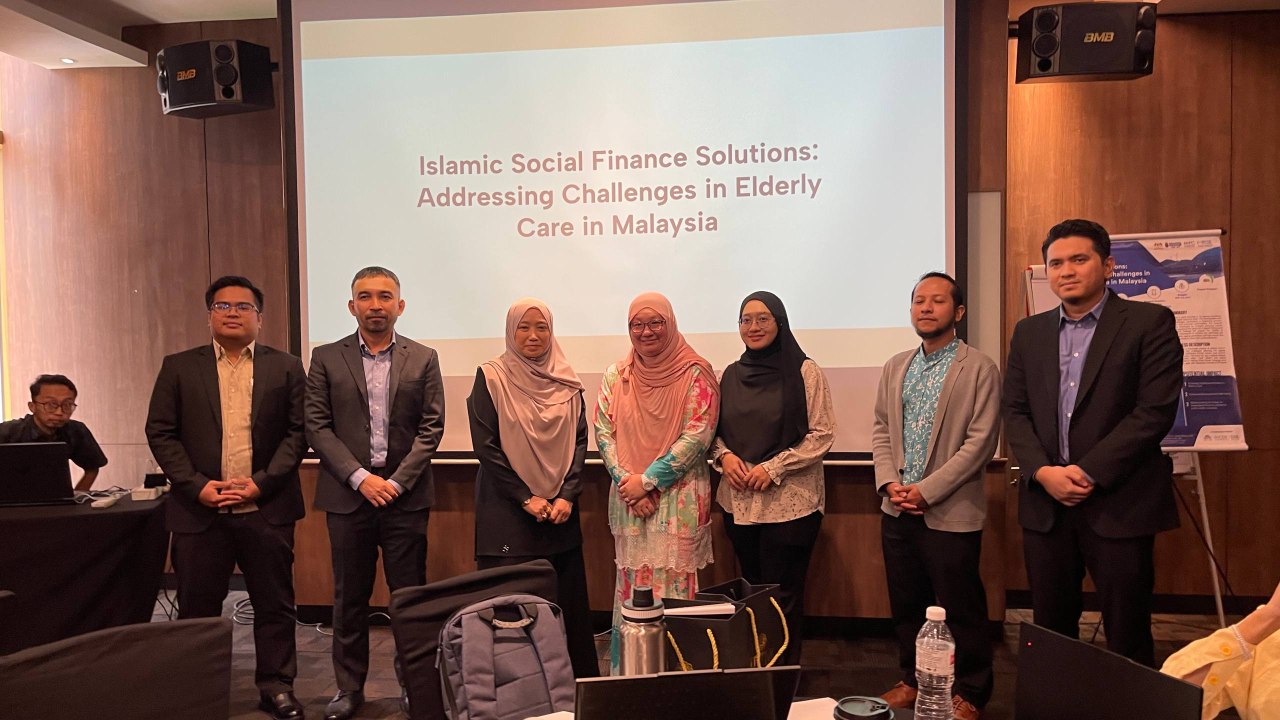
Islamic Social Finance and Elderly Care: Insights from the FGD by IIiBF
- Post by: AZKA
- August 26, 2025
- Comments off
Kuala Lumpur | 25 August 2025 – Malaysia, like many nations, is facing the reality of a rapidly ageing population. By 2030, one in six Malaysians is projected to be aged 60 or above. With this demographic shift comes pressing questions: how do we ensure dignity, care, and sustainability for our elderly? And what role can Islamic social finance play in addressing these challenges?
These questions formed the heart of a Focus Group Discussion (FGD) on “Islamic Social Finance Solutions in Addressing Challenges in Elderly Care in Malaysia,” organised at IBIS Hotel, Kuala Lumpur, with support from the Islamic Economics Research and Innovation Fund (IERIF). The session brought together researchers, practitioners, and Shariah experts to critically assess emerging ideas and refine proposed solutions.
The Objectives of the Study
The research underpinning the FGD is ambitious and timely. Its goals are fourfold:
Identify the socioeconomic impact of Malaysia’s ageing society.
Review current policy gaps in elderly care provisions.
Assess the effectiveness of existing Islamic social finance mechanisms in addressing elderly care.
Propose innovative solutions that are both practical and Shariah-compliant.
With healthcare costs rising and family support systems shifting due to urbanisation and economic pressures, the need for structured, sustainable support for the elderly has never been greater.
Exploring the Role of Zakat and Islamic Social Finance
A key focus of the discussion was how Islamic social finance instruments — particularly zakat, waqf, and sadaqah — can be mobilised for elderly care. Several issues were debated:
Zakat eligibility: Can elderly care centres, and by extension their residents, be supported under asnaf categories such as faqir and miskin?
Governance and trust: How can zakat institutions ensure transparency and accountability if they allocate funds for senior care?
Integration with waqf: Could waqf properties or investments be structured to generate continuous funding for elderly care centres?
Sadaqah and CSR: How might voluntary contributions complement institutional zakat and waqf support?
What emerged from these discussions was the recognition that Islamic social finance has the potential to provide not only short-term relief, but also long-term sustainability if managed with professionalism and foresight.
Our Role as Expert Reference
We are humbled to participate as one of the expert references in this FGD, representing the knowledge and institutional perspective of AZKA-PPZ. Our contributions centred on the practical realities of zakat management, the evolving expectations of zakat payers, and the importance of aligning any new solutions with Shariah principles while ensuring operational feasibility.
It was particularly meaningful to share insights on how zakat has already been utilised in certain contexts for elderly care and to highlight the need for national-level guidance so that such initiatives can be harmonised across states.
Building Towards Practical Outcomes
What makes this FGD significant is its applied orientation. Rather than remaining at the level of theory, the session sought realistic feedback from experts to refine proposed financial models. By the end, it was clear that the research team intends to shape outcomes that can influence both policy frameworks and institutional practice.
Among the innovative ideas explored were hybrid models that combine zakat allocations with waqf-based investments, enabling the creation of elderly care facilities that are both financially sustainable and socially impactful.
A Shared Responsibility
Caring for the elderly is more than just a policy challenge; it is a moral and spiritual responsibility. In Islam, respect and care for parents and the elderly is deeply enshrined, and institutions must ensure that this value translates into action. Islamic social finance offers tools that can bridge the gap between community values and modern welfare needs.
Conclusion
The Focus Group Discussion on Islamic social finance and elderly care was an important step in reimagining how zakat and related instruments can address one of the most urgent challenges of our time.
For AZKA-PPZ, participation in such initiatives underscores its commitment to advancing zakat knowledge, policy, and practice in ways that are responsive to evolving social realities. By contributing expertise and institutional experience, AZKA-PPZ continues to strengthen the role of zakat as a catalyst for community empowerment and sustainable welfare.
The insights gathered from this FGD will not only inform the research team’s final outputs but also open pathways for zakat institutions to play a greater role in ensuring that Malaysia’s elderly are cared for with dignity, compassion, and sustainability.

